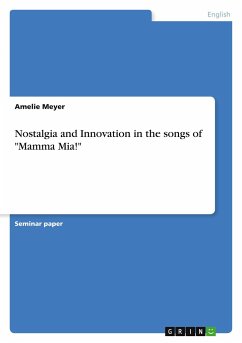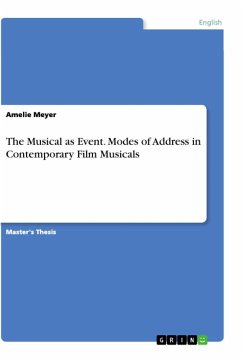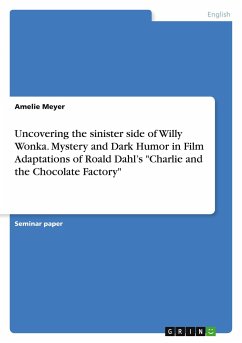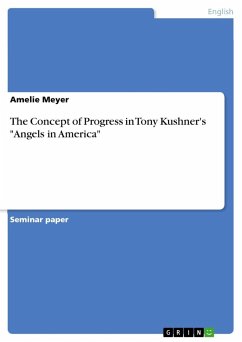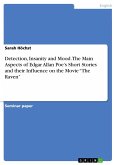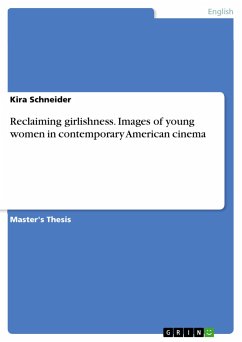Seminar paper from the year 2012 in the subject American Studies - Miscellaneous, grade: 1,3, University of Göttingen (Philosophische Fakultät), course: The American Musical, language: English, abstract: When Mamma Mia! opened in theaters in the summer of 2008, many reviewers were less than enthusiastic about the film adaptation of the popular stage musical. While the storyline of 20-year old Sophie living on a Greek island with her single parent mother and embarking on a quest to find her father was declared to be flat and incoherent, the cinematic realization of the stage version has similarly been regarded as unsatisfactory. In spite of critics' dismay, however, Mamma Mia! achieved great box office success.The discrepancy between reviewers' predictions and the actual perception of audiences raises the question of the origin of Mamma Mia!'s popularity. Ashley Elaine York categorizes Mamma Mia!, amongst others, as a "new breed of women's giants [...] best be described as `women's blockbusters´ and touted as the newest conglomerate trend". While this relatively broad definition of the woman's blockbuster and its keys for success is applied by York to different genres and will also be considered, this paper mainly sets out to look at several of its aspects from the point of view of musical studies. Particular emphasis will be put on the use of the well-known ABBA music and its function within the movie and for audience's reception and involvement as the categorization of the film as a so called jukebox musical will be discussed. Thus, the following questions will be investigated in the course of this paper: Can Mamma Mia! be classified as a jukebox musical, deriving its success from its nostalgic representation of the much loved ABBA music, or does it go beyond this classification to reinterpret the songs in an innovative fashion?
Hinweis: Dieser Artikel kann nur an eine deutsche Lieferadresse ausgeliefert werden.
Hinweis: Dieser Artikel kann nur an eine deutsche Lieferadresse ausgeliefert werden.

